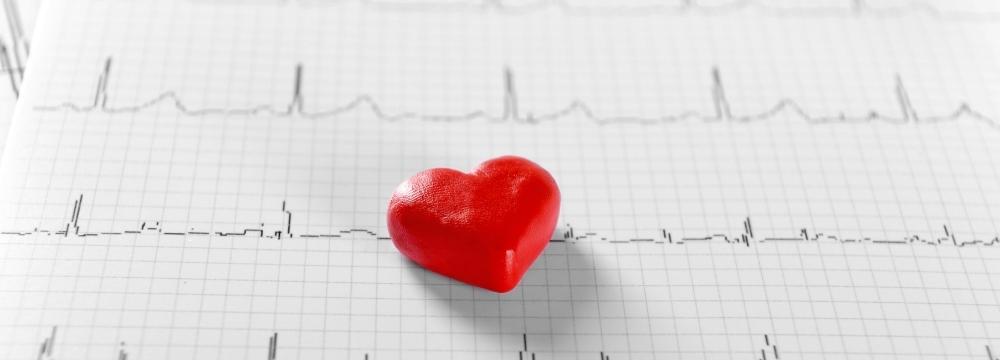What Is Silent Afib, and Why It Matters?

Atrial Fibrillation, or Afib, is one of the most common cardiac arrhythmias or irregular heartbeats in the US and worldwide. And it has been increasing in prevalence. It is estimated that upwards of 5 million people in the United States suffer from Afib. Still, many have gone undiagnosed or are simply not receiving the care they need to manage the condition. It’s important to note that while Afib itself is not inherently dangerous, except in rare cases, it can lead to longer-term conditions, including increased risk of stroke, increased risk of heart attack, and longer-term risk of congestive heart failure. As such, Afib should be treated at its earliest signs. Fortunately, most patients who experience Afib have options, and modern-day Afib therapies are not only safe but very effective.
When You Don’t Know You Have Afib
While it may seem hard to grasp, there are times when people do not realize that they are having an Afib episode. You would think that a significantly faster heartbeat would feel obvious, but this is not always the case. A subset of patients suffering from Afib has what is known as “Silent Afib” — completely asymptomatic tachycardia or fast heartbeat. Some think that because it’s silent or asymptomatic, it’s probably not causing any damage. Unfortunately, this is not the case. Silent Afib can be just as damaging as symptomatic Afib, and as such, if it is identified and treated early, we can help avoid significant complications over the longer term.
How Silent Afib Is Found
How do you know it’s there if you don’t feel it? Because patients do not come into our office complaining of chest pain or a pounding heart, silent Afib is usually found incidentally when a patient has presented to a medical office or a hospital with a separate issue. While on an EKG monitor, the sensitive equipment may show that the patient does have Afib. How long the patient has been in Afib depends, but longer-term persistent Afib is certainly not uncommon if the arrhythmia was not treated early on.
Why Did My PCP Not Find It?
If you have visited your PCP after age 40, you’ve likely been hooked up to an EKG or electrocardiogram. There’s an excellent reason for this – you guessed it, silent Afib. An EKG is a very sensitive diagnostic device that can detect irregularities in heart rhythm. However, if you know anything about arrhythmias, you know that they are not predictable, especially in their earliest stages. Patients may experience Afib episodes at varying times with no rhyme or reason. While physical stress often triggers an Afib episode, this is not always the case. If a patient experiences one episode a day, once a week, or even once a month, this is called paroxysmal Afib. The fact is that an EKG cannot detect peroxisomal Afib unless it is occurring at that very moment.
Treatment for Silent Afib
As we’ve mentioned, silent Afib has the same risk factors for stroke and heart attack as symptomatic Afib and must be treated the same way. As a matter of principle, we are dedicated to treating Afib and other arrhythmias in a stepped approach, starting with the least invasive option. This approach is typically an improvement in lifestyle along with antiarrhythmic and anticoagulant medications. This therapy works for about 50% of patients. However, the other 50% may have an adverse reaction to the drug or do not experience any measurable improvement in their symptoms. For this 50% of patients, a procedural solution in the form of a cardiac catheter ablation – whether radio frequency (heat-based) or cryo (cold-based), is often a great option. These procedural interventions are very safe, minimally invasive, and incredibly effective.
Of course, it is crucial to find the silent arrhythmia first and not wait until another condition puts you in the doctor’s office or the ER. Therefore, we suggest speaking to your primary care physician about having a proper arrhythmia screening from a skilled electrophysiologist such as those here at the Huntington Heart Center.







